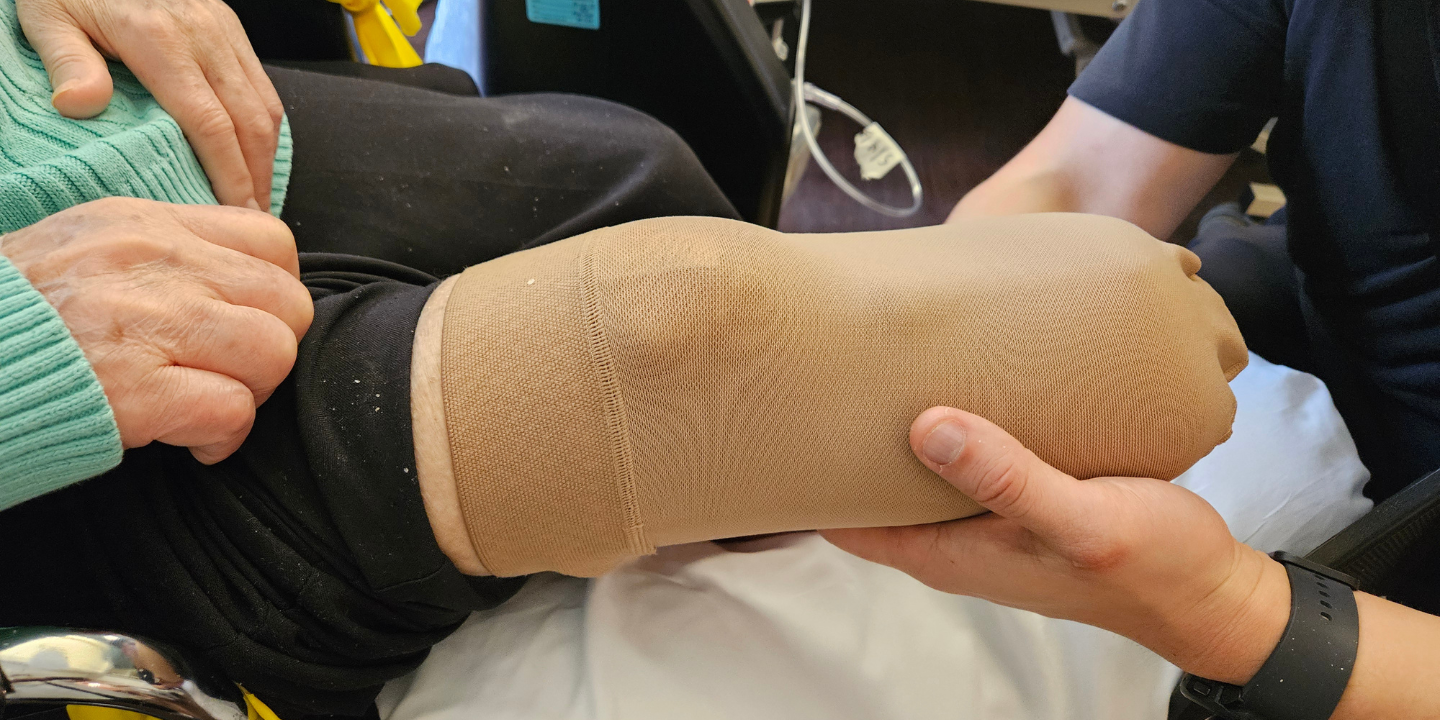Experiencing the loss of a limb is a life-altering event that requires significant physical and emotional adjustment. Our comprehensive amputee rehabilitation program is designed to help patients regain their independence and improve their quality of life.
Through a combination of physical therapy, occupational therapy, and psychological support, we provide a holistic approach to recovery that addresses the unique challenges faced by amputees.
Understanding Amputee Rehabilitation
Amputee rehabilitation is a multi-faceted process that involves various healthcare professionals working together to help patients adapt to life after limb loss. The primary goals of rehabilitation are to improve mobility, enhance daily functioning, and support emotional well-being.
Each patient’s rehabilitation plan is tailored to their specific needs, ensuring a personalized and effective approach to recovery.
Physical Therapy for Amputees
Physical therapy plays a crucial role in amputee rehabilitation. It focuses on strengthening the remaining muscles, improving balance and coordination, and preparing the patient for the use of prosthetic limbs.
Our skilled physical therapists work closely with patients to develop customized exercise programs that promote mobility and independence. These programs often include:
- Range of Motion Exercises: To maintain flexibility in the joints and prevent contractures.
- Strength Training: To build strength in the remaining limbs and core muscles.
- Gait Training: To help patients learn how to walk with a prosthetic limb or other assistive devices.
Occupational Therapy for Daily Living
Occupational therapy is essential for helping amputees regain their ability to perform everyday tasks and activities. Our occupational therapists assist patients in developing new techniques and using adaptive equipment to achieve greater independence in their daily lives. This may involve:
- Training in Activities of Daily Living (ADLs): Such as dressing, bathing, and cooking.
- Home Modifications: Recommendations for changes in the home environment to improve accessibility and safety.
- Adaptive Equipment: Guidance on using tools and devices that make daily tasks easier and more efficient.
Psychological Support
The emotional impact of limb loss can be profound, and psychological support is a critical component of successful rehabilitation. Our interdisciplinary team includes mental health professionals who provide counseling and support to help patients cope with their emotions, set realistic goals, and maintain a positive outlook.
Opportunities to socialize with other patients also fosters connection with others who are going through similar experiences, building a sense of community and mutual encouragement.
The Role of Prosthetics
Prosthetic limbs are an integral part of the rehabilitation process for many amputees. We collaborate with various orthotic and prosthetic services and groups that specialize in designing and fitting custom prosthetic devices.
We work together to optimize each patient’s function while ensuring patients are comfortable and proficient in using their prosthetics, providing training and adjustments as needed.
Regaining Independence After Limb Loss
Regaining independence after limb loss is a journey that requires dedication, support, and a comprehensive rehabilitation plan. We are committed to helping our patients achieve their maximum potential and lead fulfilling lives. Our state-of-the-art facilities, expert staff, and compassionate care create an environment where amputees can thrive and regain their independence.
If you or a loved one is facing the challenges of limb loss, we invite you to learn more about our amputee rehabilitation program. Contact us today to discuss how we can support your journey to recovery and independence.

